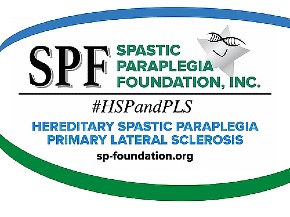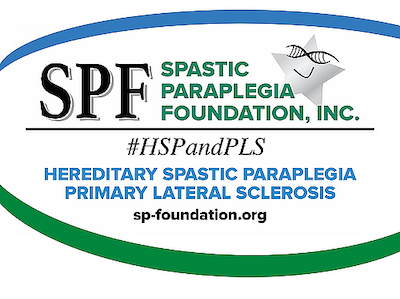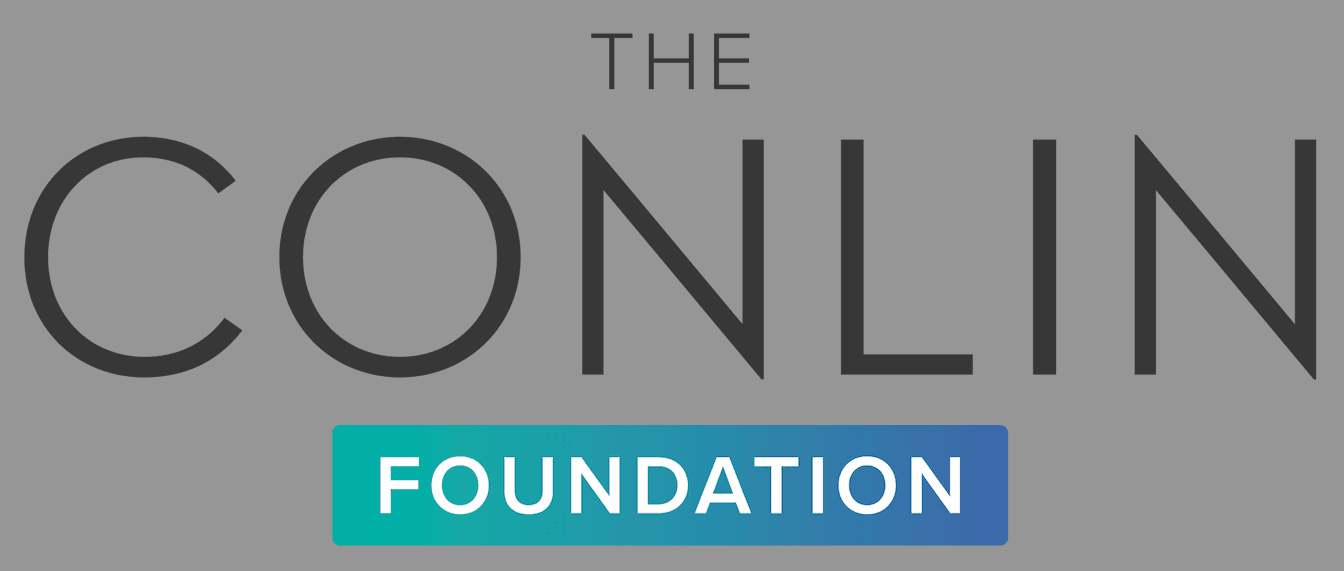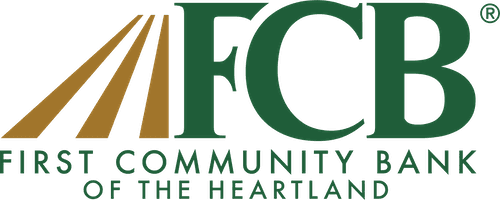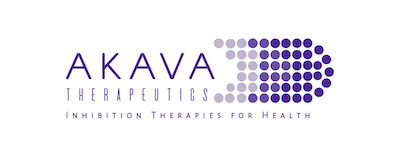Meetings of the Institute for Clinical and Economic Review don’t usually get one’s heart pumping. But a meeting Thursday at the Massachusetts Institute of Technology may prove to be the exception to that rule.
Patients Rising Now, an advocacy group that says it promotes transparency in health care and that is a fierce opponent of ICER’s, is expected to face off with the self-professed “watchdog of drug pricing” as it reviews three drugs for Duchenne muscular dystrophy.
Dozens of Duchenne patients and their families — many of whom also express concern that ICER’s review could undermine insurers’ already tepid interest in the treatments — are also expected to be in attendance.
The renewed interest in ICER’s meetings comes less than a year after one major pharmacy benefit manager, CVS Caremark, announced it would allow its client plans to use ICER’s determinations as a reason to exclude certain drugs from coverage. It also coincides with a new social media campaign from Patients Rising Now called #NotWorthLess.
“It is going to be an unusual meeting,” said Steven D. Pearson, ICER’s founder and president. “There’s going to be more tension in the room than usual.
“I think that’s a byproduct of the evidence base that accompanied Exondys 51 when it got approved — it was a very unusual drug,” he added.
Exondys 51, a Sarepta Therapeutics drug that was approved in 2016 after significant debate over its efficacy, is among the treatments being reviewed by ICER. The group is also reviewing golodirsen, another Sarepta treatment that is currently under Food and Drug Administration review, and Emflaza, a treatment from PTC Therapeutics.
Patients Rising Now does not focus exclusively on Duchenne treatments. Rather, its expertise is in the technical, dense area of health economics. The organization, which was created under a section of tax law that allows it to not disclose its direct donors, has agitated about ICER’s reviews of drugs for several other conditions, including migraines, forms of cancer, and psoriasis.
It has an affiliated charity, Patients Rising, which does disclose its donors, who include major pharmaceutical companies such as Amgen, Celgene, and Novartis. (Sarepta is not listed as a contributor on the group’s website.)
On social media and on its affiliated website “ICER Watch,” Patients Rising Now has described ICER as a “dangerous,” insurance company-backed “Trojan Horse” and a “mysterious group” with the power to block new treatments from development and roll back the Affordable Care Act.
“The reports that ICER develops are routinely used by the insurance industry to deny patients’ access to life-saving treatments,” the group claims on its Eventbrite page for the ICER meeting.
The Patients Rising’s executive director, Terry Wilcox, said she knows that some of those statements are a bit of a stretch.
“I know ICER’s not in charge of their health care today,” she acknowledged in an interview. However, she argued, if ICER finds that a drug is not cost-effective, it could exacerbate problems people already have getting insurance policies to cover Exondys 51.
In its draft report, ICER found that only about half of the 17 major commercial insurance providers surveyed would cover the drug; those that did cover it generally did so for a subset of the people who would be eligible based on the drug’s approved label.
Duchenne patients and their families — who are noted for their activism and who campaigned heavily for the approval of Exondys 51, despite the skepticism of an FDA advisory committee, will have time set aside to speak during Thursday’s meeting; Sarepta did not cooperate with ICER’s review, Pearson said.
Whether patients will feel like their concerns are heard — and what the atmosphere will actually be like — won’t be clear until Thursday. But ICER’s Pearson is optimistic.
“I think there’s a real benefit, in our minds, of patients getting engaged and having a lot to say,” he said. “This is an opportunity for them to have a voice — to not just accept a decision from insurers and others, but to participate.”
